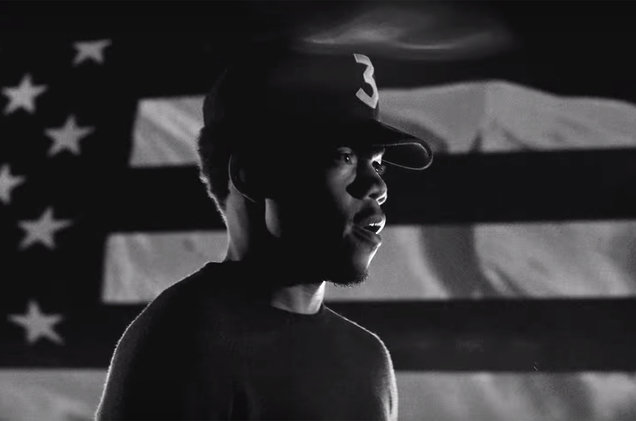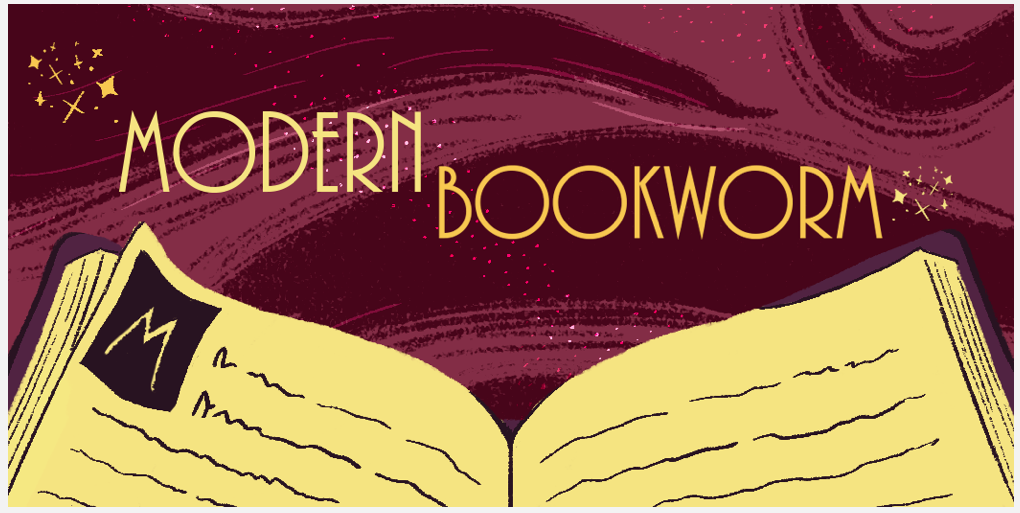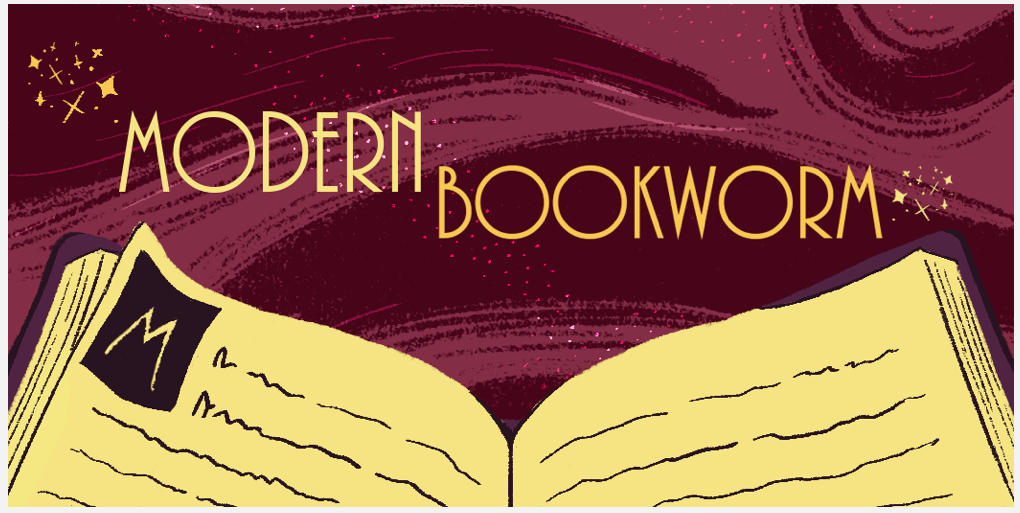 In the grand scheme of things, professional sports are pretty worthless. People put balls through a hoop or run up and down fields for a certain amount of time until whoever scores the most points is declared the winner, and then everyone goes home. On the surface, athletes just aren’t doing a whole lot of good for the world.
In the grand scheme of things, professional sports are pretty worthless. People put balls through a hoop or run up and down fields for a certain amount of time until whoever scores the most points is declared the winner, and then everyone goes home. On the surface, athletes just aren’t doing a whole lot of good for the world.
All of that being said, at a deeper level, sports hold an incredible amount of value to society. A team’s success can do everything from uplifting a city after disaster to literally putting a halt to a war. The strength, poise and grace athletes show in competition gives people hope to push for more in their own lives and instills an indescribable amount of pride in their fans. There’s a reason kids dream of being point guards and quarterbacks instead of lawyers and doctors: pro athletes are simply the closest things we have to superheroes.
All of that makes the debate over the name of the Washington Redskins all the more relevant in the current national discussion. The problem basically boils down to two competing sides, with supporters of the team saying the name is harmless while protestors saying it is offensive to Native Americans.
Last week, the debate took a new turn when a poll by the Washington Post revealed that nine in ten Native Americans polls aren’t actually offended by the name.
The poll reveals a complexity that hasn’t been explored as of yet in the contest over the team’s name. Sadly, in all of the debate over the name change, we forgot that the name isn’t even the real issue.
***
Before I go any further, I have to admit I am not supportive of the Redskins in any way, shape or form. I’m a born and raised Dallas Cowboys fan who has been taught to ride for the blue and silver and hate anything to do with the sad excuse for a football team in our nation’s capitol.
All fandom aside, however, I’ve always had a big problem with Washington’s mascot. When some of the largest Native American groups have come out speaking against the mascot and saying how offensive it is to them, it’s hard to disagree.
When the poll by The Post came out, it left me very conflicted. It didn’t make sense that something that could be so easily identified as bad and offensive could be defended by the very people it is supposed to offend. It made me begin to question whether or not I had been wrong this whole time.
As I sat and thought about the questions this poll raised, I came to two realizations that have been left out of the broader discussion on the Redskins’ name so far: First, it’s not the place of non-minorities to decide whether or not something should be offensive to those minorities. Second, while the debate over the name change is important, it’s missing the point of bigger issues Native Americans face.
Regarding the first point, there’s been a major problem with the coverage of the Redskins’ name: almost all of the discussion has been led by people who are not minorities.
Whether we like it or not, traditional media like newspapers still help to generate and influence a large amount of the discussion happening among everyday people — even in the age of Twitter.
Still, when minority journalists make up less than 13 percent of newspaper staffs across the country, it’s hard to say the discussion that has been brought up by publications over the Redskins’ name has come from a place of genuine understanding. Think pieces and articles about trying to get justice for Native Americans are great, but when very few are coming from people who can can actually relate to that group, it’s difficult for what they’re saying to hold much validity.
More importantly, when non-minority journalists try to take away the power from minorities to control the discussion on issues facing them, they end up becoming a part of the very problem they’re trying to fix.
The second problem with the discussion on the Redskins name change is that it attempts to make the controversy over the Redskins’ name the biggest problem facing Native Americans, when that couldn’t be farther from the truth.
Although Native Americans only comprise 0.9 percent of the population, they have one of the highest poverty rates among races in the country, with one-in-four Native Americans living in poverty. On reservations, the crime rate is two and a half times higher than the national average, while the suicide rate for young Native Americans is more than three times the national average. Meanwhile, nearly one in three Native American women are assaulted or raped during their lifetimes.
While all of this may sound shocking, it’s only scratching the surface. The problems facing Native Americans are extensive, complicated and fostered by years of mistreatment. Sadly, instead of talking about any of these issues, the main talking point most Americans are concerned about when it comes to Native American rights is about a football team’s name.
The truth is, we’ve been lying to ourselves if we claim to care about Native Americans and have only talked about changing Washington’s mascot. Where is the outrage over the drug epidemic plaguing so many reservations? Or the decline in Native Americans graduating from high school?
If we really cared, we would have taken action on these problems a long time ago, but those are too complicated. Instead, we’ve become fixated on changing what essentially boils down to a logo as the end all, be all of Native American support. In our efforts to help a disenfranchised group, we’ve done just the opposite. We’ve focused on solving the easiest, most accessible problem as if that will make everything better, all while forgoing the bigger issues plaguing Native Americans across the country. That’s not truly caring, that’s posing.
****
I would be remiss if I didn’t point out that I’m part of the problem. For too long, I haven’t cared about the bigger problems facing Native Americans beyond a football team’s name. I also realize that, although I am a minority, I cannot speak on behalf of Native Americans, nor can I speak from their unique perspective regarding Washington’s team.
The only thing I can do is try to inform others of what is going on around them and hope for others to do the same. For too long, we’ve focused on merely trying to change the Redskins’ logo and move on when we could be doing so much more. Pro sports used to be a spring board to bring about positive changes in this country. From Jackie Robinson becoming the first black player in major league baseball to Muhammad Ali refusing to fight in Vietnam, what happened in the sports world brought necessary discussion to dinner tables across the country.
That’s what really needs to be happening when we’re talking about the Washington Redskins. Although I still believe changing the name is important, what I realize is more important is using the name debate as segue to discuss the challenges that have faced Native Americans for years, and to try to bring about substantial solutions to these problems.
Recently, one of my best friends, who is Native American, talked to me about how most Native Americans don’t really care about the Redskins’ name because they have bigger problems on their plate. Still, he said he finds names that generalize, like Redskins or Savages, to be racist and would like to see them changed. He also told me about the problems facing members of his community and how those are overlooked by the greater public.
That’s why this debate is important. Although it is about the name, there’s so much more at stake. Through a discussion over a group of 53 men who run up and down a 100-yard field every Sunday, we have the opportunity to examine and try to heal the wounds the Native American community has been facing for so long. The descendants of this country’s original inhabitants deserve better than being represented by a caricature on a plastic helmet. More importantly, though, they deserve better than for people to think that’s the only obstacle they have to overcome.





